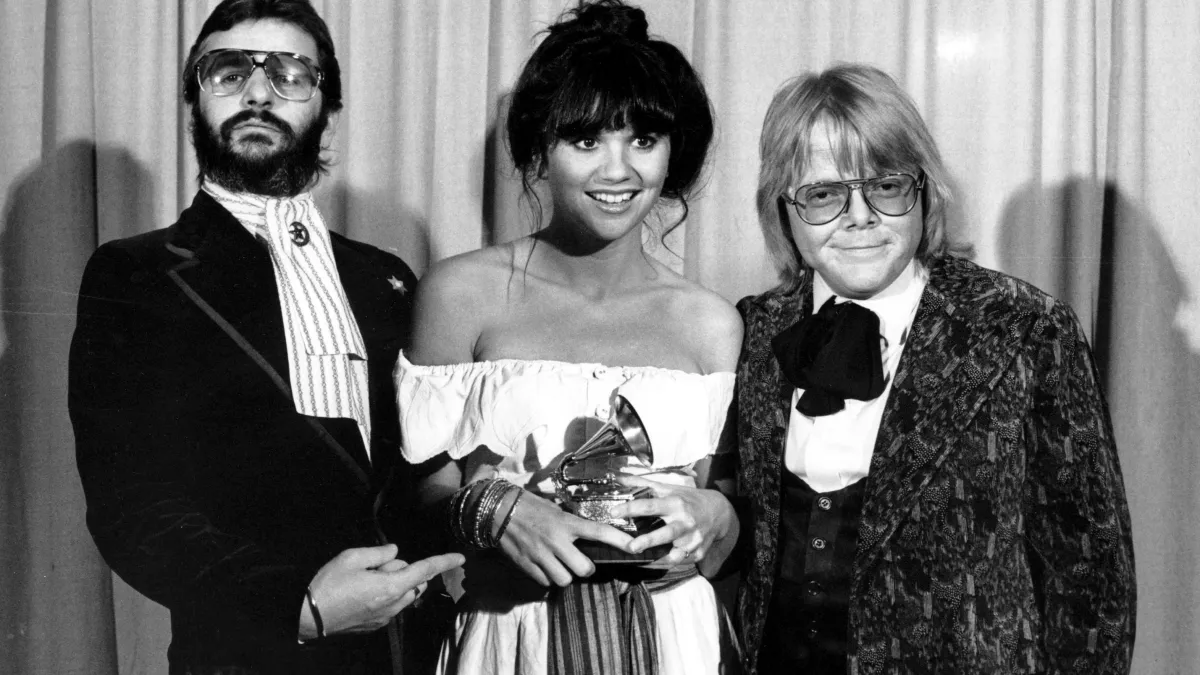
A Gentle Benediction of Hope in the Midst of Winter’s Quiet Longing
When Linda Ronstadt released her evocative rendition of “Have Yourself a Merry Little Christmas” in 2000 as part of her holiday album A Merry Little Christmas, she wasn’t aiming for chart domination. This was no commercial ploy, no festive jingle gilded in glittering production. Instead, Ronstadt’s version—delivered with the kind of emotional fidelity only she could summon—became a quiet companion for those seeking solace amid the season’s reflective hush. While it didn’t make a dramatic entrance on Billboard charts, it entered the canon of cherished Christmas recordings through sheer emotional resonance and the unwavering artistry of its interpreter.
Originally penned by Hugh Martin and Ralph Blane in 1943 for the MGM musical Meet Me in St. Louis, “Have Yourself a Merry Little Christmas” has undergone subtle but telling lyrical transformations over the decades. What began as a melancholic wartime ballad—written for Judy Garland to sing to her on-screen sister during a scene brimming with impending separation—evolved into something more hopeful, more palatable to post-war sensibilities. Sinatra famously requested an uplift in 1957 for his A Jolly Christmas album, asking Martin to “jolly up” the lyrics. But even in its softened form, the song retains its original DNA: a fragile wish whispered against uncertainty.
It is precisely this emotional duality that Ronstadt mines so exquisitely in her interpretation. Her voice—clear, aching, and unadorned—does not flinch from the song’s wistfulness. Rather than leaning into seasonal cheer or ornamental excess, she sings with a poised intimacy that draws the listener inward. There is restraint here, but never coldness; it’s warmth measured carefully against the ache of memory and distance.
In this way, Ronstadt returns the song to its roots—not just musically, but emotionally. She revives its original sentiment: that holidays are often observed not in unblemished joy, but through a prism of longing, absence, and hard-won hope. Her version doesn’t insist that everything is merry—it suggests that merriment, like all good things, must be sought after and sometimes forged against the dark.
The arrangement is tenderly understated: brushed drums, gentle piano chords, and orchestral swells that never overpower but rather cradle Ronstadt’s voice like snow accumulating softly on familiar ground. This sonic intimacy allows the lyric’s central plea—“Let your heart be light”—to feel less like a command and more like a gift wrapped in compassion.
In Ronstadt’s hands, “Have Yourself a Merry Little Christmas” becomes less a carol and more a benediction. It reminds us that even amid absence and change, we can reach across time and distance with love. We may not always be together, but we carry each other forward—as long as we remember.